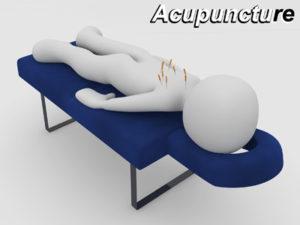 Acupuncture is a popular alternative therapy for lung cancer. It is a treatment that involves putting fine needles into the body for a short time and then removing them. It can help you with some physical problems such as pain, feeling sick etc. Many studies have been conducted to know the effectiveness of acupuncture on the treatment of lung cancer. The focus has been on evaluation of acupuncture and its effect on lung cancer related symptoms. Some lung cancer treatments can be used alongside conventional treatments such as acupuncture and cancer drugs.
Acupuncture is a popular alternative therapy for lung cancer. It is a treatment that involves putting fine needles into the body for a short time and then removing them. It can help you with some physical problems such as pain, feeling sick etc. Many studies have been conducted to know the effectiveness of acupuncture on the treatment of lung cancer. The focus has been on evaluation of acupuncture and its effect on lung cancer related symptoms. Some lung cancer treatments can be used alongside conventional treatments such as acupuncture and cancer drugs.
Many lung cancer patients often experience multiple symptoms related to the disease. Acupuncture works by stimulating nerves to release substances that can work to reduce cancer symptoms. Acupuncture helps cancer patients to feel more relaxed and improve the overall feeling of wellbeing. One of the reasons acupuncture is used is that it helps to relieve sickness caused by chemotherapy or other cancer drugs. Acupuncture is widely available in hospitals, and clinics and people are often referred this owing to symptoms like tiredness and fatigue or breathlessness etc.
When visiting the acupuncture practitioner, he will ask you general questions about your health, lifestyle and about any symptoms you have or side effects of cancer treatment. You should always tell your practitioner about any health problems you are facing in addition to informing him about the medicines you take. The treatments for acupuncture may vary and you are likely to have 3 to 6 sessions. The sessions generally last for about 45 minutes.
Though there is no evidence of showing how acupuncture helps in treating or curing lung cancer, but research shows that it is helpful in relieving some symptoms of cancer or the side effects of cancer treatment. The acupuncture has shown positive results for acupuncture in controlling pain. It is a safe and minimally invasive procedure and is helpful in patients undergoing cancer treatment.
What are your thoughts about this alternative therapy for lung cancer? Share with us in the comments.
The information offered in this blog is for educational purposes only and is certainly not a substitute for the treatment going on. Always consult your health practitioner for medical advice.
